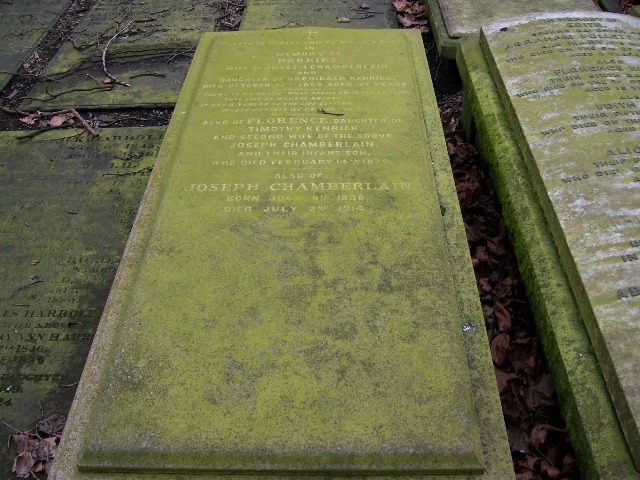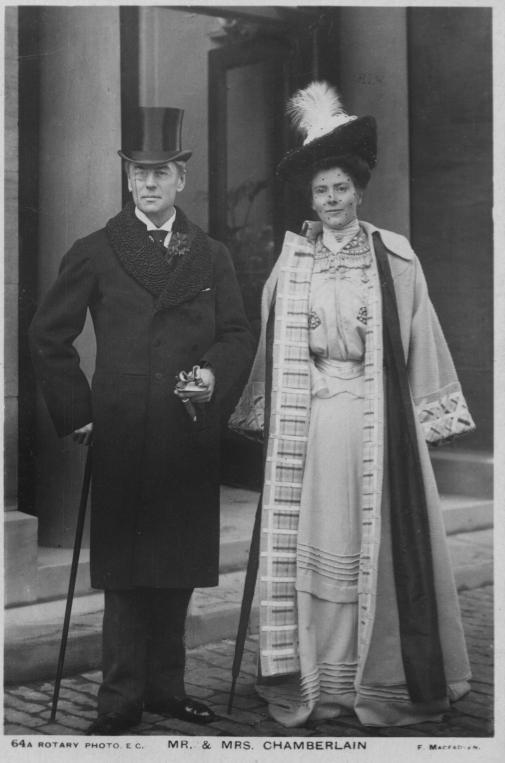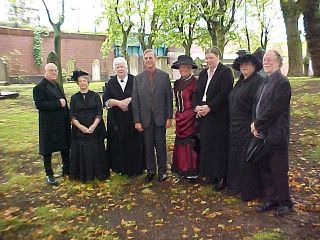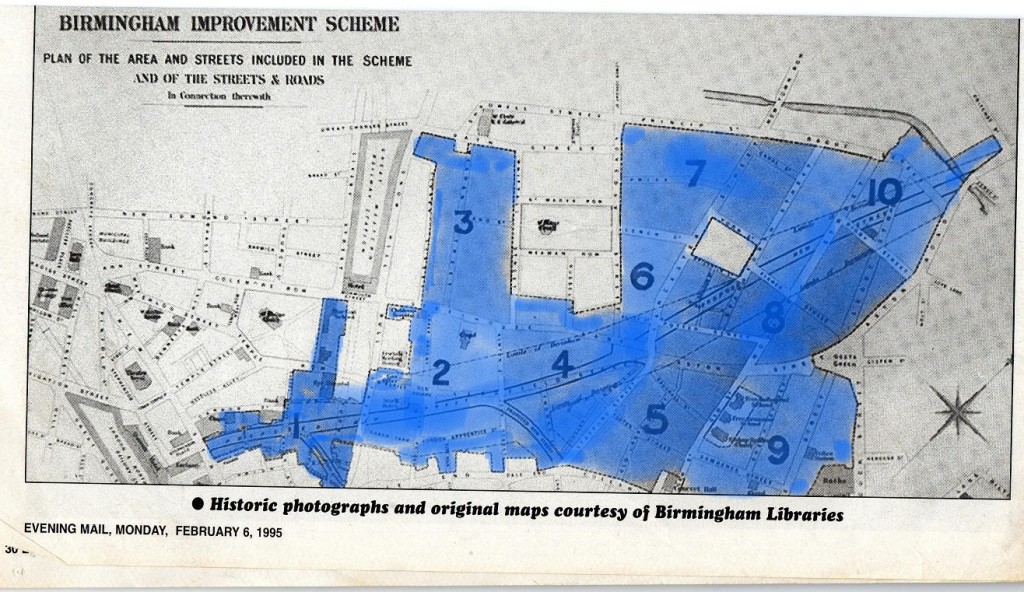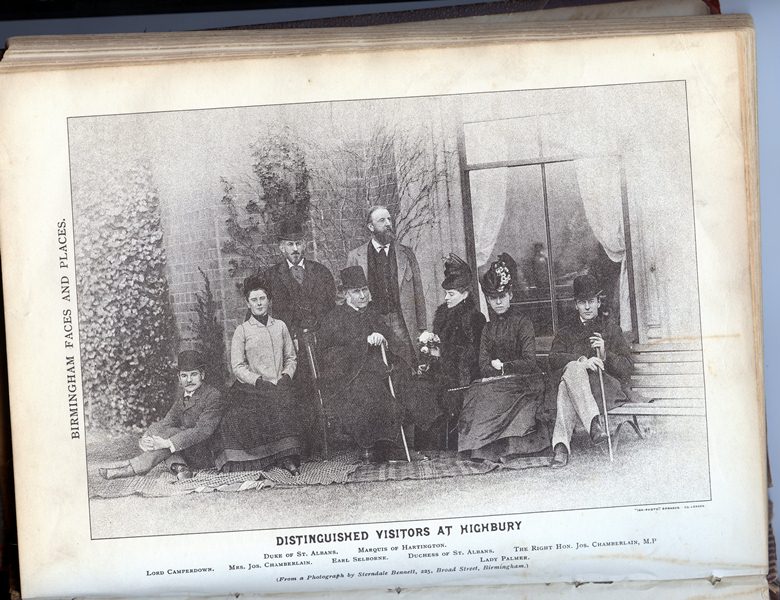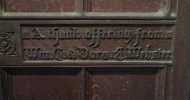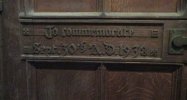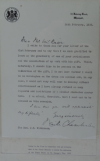The Chamberlains in Politics
Nice one Oisin
The Chamberlains in Politics
JOSEPH CHAMBERLAIN, A British statesman, born in London in 1836, and educated at University College School, London. He became a member of a firm of screw-makers at Birmingham, but gave up active connection with the business in 1874. He early became prominent in Birmingham both in connection with civic and political affairs, being an advanced Radical and an able speaker, was chairman of the school board, and thrice in succession mayor of the city (1874-76). In 1876 he entered Parliament as a representative of Birmingham, and at the general election of 1880 he was chosen for the same city along with Bright and Muntz. Under Gladstone's premiership he now became President of the Board of Trade, and a Cabinet Minister, and was able to pass the Bankruptcy Act, though he failed with his Merchant Shipping Bill.
In the Gladstone Government of 1886 he was President of the Local Government Board; but his leader's Irish policy caused him to resign, and afterwards, as member for West Birmingham, he was one of the most pronounced members of the Liberal-Unionist party. As Colonial Secretary from 1895 to 1903, he was one of the first to perceive the importance for Great Britain of a closer bond
SIR AUSTEN CHAMBERLAIN, British politician, eldest son of Rt. Hon. Joseph Chamberlain, born in 1863, and educated at Rugby and Trinity College, Cambridge. He entered Parliament as Liberal-Unionist member for East Worcestershire in 1892, and was Civil Lord of the Admiralty from 1895 to 1900. In 1900 he became Financial Secretary to the Treasury, in 1902 Postmaster-General, and to 1903 Chancellor of the Exchequer. He was Secretary of State for India, From 1915-17; M.P for West Birmingham 1914-1937 (a member of the War Cabinet) 1918-19; Chancellor of the Exchequer, 1919-21; and became Lord Privy Seal and Leader of the; House of Commons in March 1921. He became Secretary of State for Foreign Affairs and Deputy Leader of the House of Commons In Nov. 1924. and was made K.G. in 1925.
He was largely responsible for the signing of the Locarno Pact, after he rejected the Geneva Protocol. These included the Rhine Guarantee Pact; treaties of arbitration between Germany and former enemy states; guarantee treaties between France, Poland, and Czechoslovakia; and German entry into the League of Nations. He received the Nobel Peace Prize in 1926 for his efforts to support the status quo and peaceful relations in central Europe. He was Foreign Secretary until 1929.
Chamberlain died on March 16, 1937 in London.
ARTHUR NEVILLE CHAMBERLAIN, Born in Birmingham March 18th 1869 he was the younger son of Joseph Chamberlain and half –brother of Sir Austen Chamberlain. Educated at Rugby, he was in business in the West Indies and afterwards taking part in the public life of Birmingham. In 1915 he was Lord Mayor of the City. In 1916 he was appointed Director of National Service, and in 1918 he entered Parliament as M.P. for a Birmingham Division.
He was Postmaster-General, Minister of Health, and then Chancellor of the Exchequer in the Unionist ministry of 1922-24, and throughout the ministry of 1924-29 was a most energetic and successful Minister of Health. Chairman of the Conservative party organization, 1930-31. he then became Chancellor again.
1938 Chamberlain signs a deal with Hitler in Munich which allows Germany to annexe German speaking parts of Czechoslovakia. 1939 Chamberlain told the Nation for the second time in many peoples lives the country was at war with Germany
After the Great War Germany was a country under occupation till 1926
"Locarno" marked the spiritual end of the war
The man that bought this about was Mr Austen Chamberlain at the conference that was held in which the words “Enemy” was not spoken or written.
For his share in bringing about a new spirit in European diplomacy Chamberlain was given a knighthood and K.G
Postcard from c1905 Highbury Hall built in 1878 insert shows Joseph and his eldest son Austen
